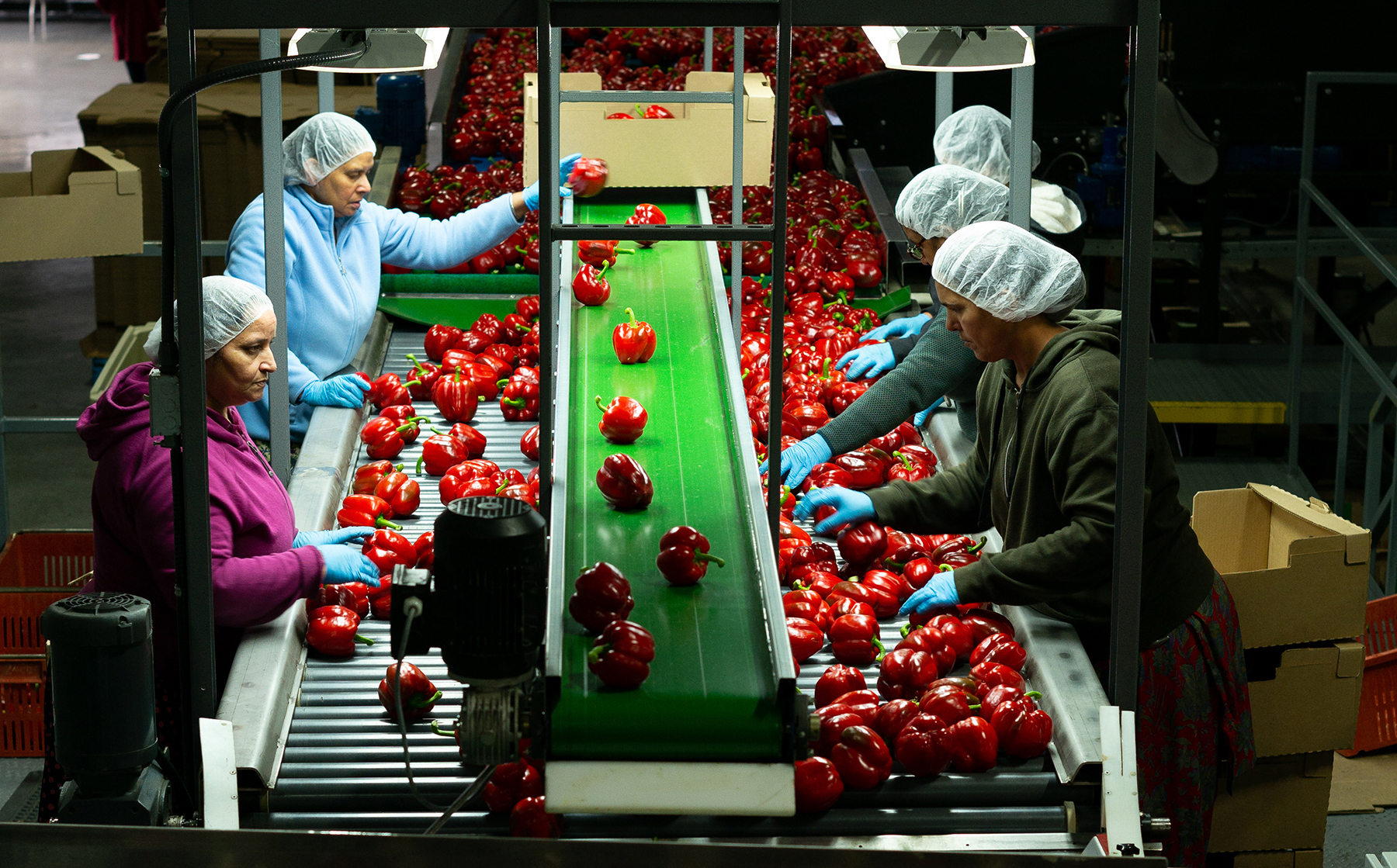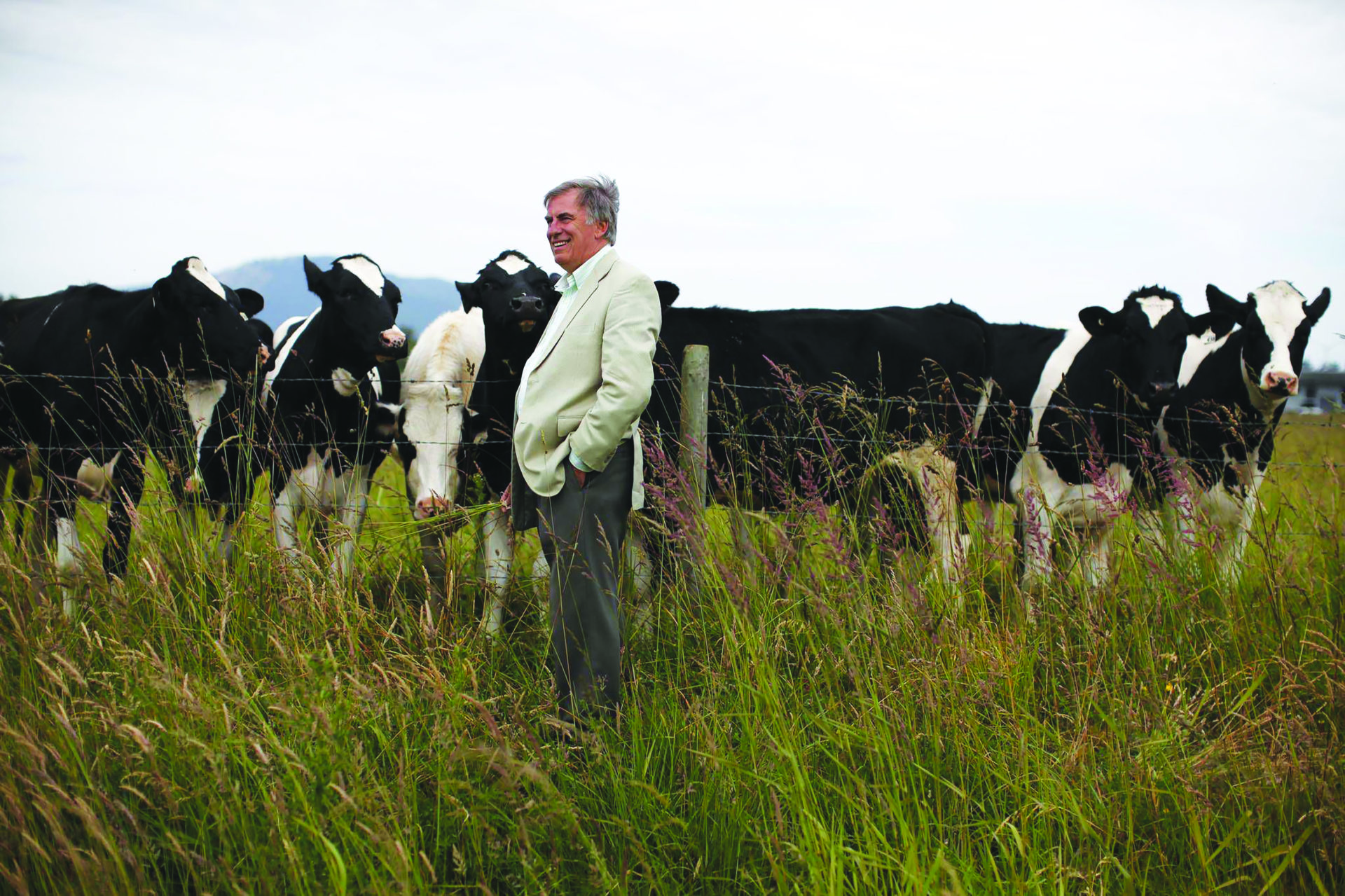DELTA – Growers are taking a closer look at pay structures as minimum wage hikes take effect this month.
As promised during last spring’s election campaign, the BC NDP plan to raise the minimum wage to $15.20 an hour over the next four years. The first of four minimum wage increases took effect June 1, lifting the minimum wage to $12.65 an hour from $11.35. On January 1, 2019, all piece-rate minimums will jump 11.5%. Additional increases to the minimum piece rate are also on the table.
Different labour laws and lower costs in Mexico and the US keep fruit and vegetable prices in check at Canada’s supermarkets, but they also set the price for local farms. Combined with a new payroll tax replacing MSP premiums starting next year, rising labour costs are set to put fresh pressure on producers’ margins.
BC greenhouse growers are one group that has taken a hit from cost increases in the last few years.
“It’s impossible for our industry to pass these higher operating costs onto consumers except through market mechanisms that are beyond our control,” Peter Cummings told the BC Greenhouse Growers Association at its annual meeting in April.
Cummings, who stepped down as chair at the meeting, said carbon taxes along with minimum wage increases will be very difficult for the greenhouse industry to deal with.
“The farmers are the ones that get the shaft,” says Westcoast Vegetables Ltd. COO Ron Van Marrewyk.
His greenhouses in Delta pay workers incentive bonuses on top of wages to pick efficiently. Because of the minimum wage increase, he says his workers will receive smaller bonuses.
“Our incentive bonus is changing, too,” he says. “If you want that same type of bonus, we’re going to have to ask you to work faster.”
BC Federation of Labour president Irene Lanzinger, who for years has been pushing for a $15 minimum wage in BC, recognises the strain it puts on farm owners. However, she says just because other countries can charge less in Canada’s markets due to looser labour regulation, does not make it right for workers in Canada to live on poverty wages. She emphasizes that the minimum wage will remain below the poverty level until just below $15 per hour.
“We cannot participate in the race to the bottom,” she says. “It is still incumbent upon us to set minimum standards here for workers – employment standards that mean that workers are not exploited in British Columbia.”
Other greenhouses are going to absorb the cost directly into their profits.
“It comes from our bottom line. If the cost of labour goes up, there’s less profit, simple,” says Sunnyside Greenhouses Ltd. owner Jos Moerman. “For us, it’s so important to have the same people coming back every day and every year because they know what to do.”
Farms that pay workers a piece rate based on how much they pick have about a year longer to prepare.
In a letter to Country Life in BC, BC Minister of Labour Harry Bains clarified why the BC piece rate increase is lagging behind the minimum wage hike. Bains notes the Fair Wage Commission’s recommendation in April was a 15% increase to all piece rates as well as a requirement for all workers to make at least minimum wage starting this June.
“However, we recognized that this level of increase, particularly during the current growing season, would put undue strain on farmers. So we instead took a more measured and moderate approach – with an 11.5% increase to piece rates as of January 1, 2019 to give farmers more time to adjust,” he says. “And because the commission also noted in their report that there were significant information gaps on the piece rate system, we went back to the commission asking that further study be done with the help of a subject-matter expert so that we can fully understand the complexities of this unique and 40-year-old system before making fundamental changes to how it functions.”
Piece-rate pay systems are common in the production of fruit and berries. BC Fruit Growers’ Association general manager Glen Lucas says his members are in a similar situation to greenhouses, with most prices set by imported product. However, they are relieved the minimum wage jump is not happening all at once and the piece-rate hike isn’t until January.
“We’re very pleased that the government said they would take a second look at the Fair Wage Commission, and recognised that the impacts might be a lot broader than the narrow scope that the Fair Wage Commission was looking at,” he says.


 Wildfire, flood review has First Nations focus
Wildfire, flood review has First Nations focus